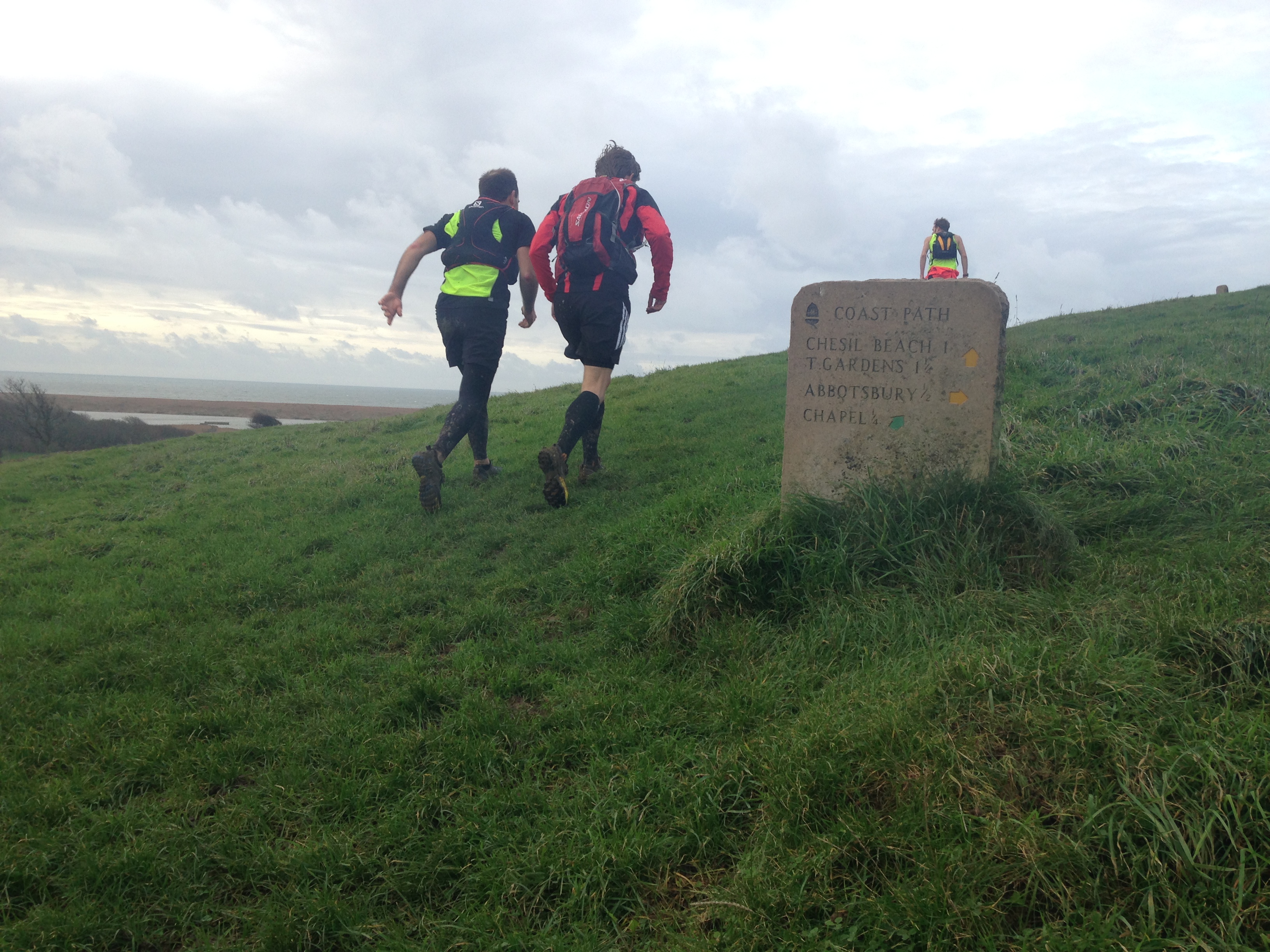
You’ve decided to take on a 100 km run or challenge walk. It seemed like a good idea at the time but how should you train?
Below are some thoughts and ideas that should help you to prepare for your event, whether it’s a race or challenge walk.
Where do you start?
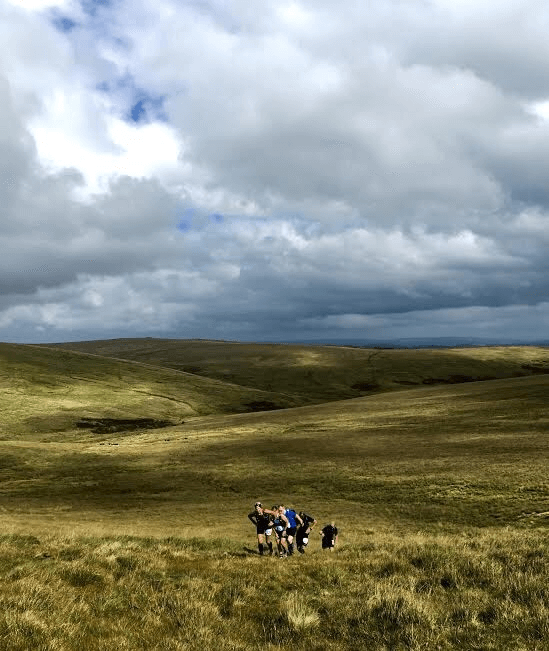
Mark Bullock, one of our running guides and also a rock climbing instructor was asked by a friend (James) to help him to train for an ultra marathon. Here is a link to James’s journey from occasional runner to ultra runner:
I don’t remember when I agreed to run across Dartmoor with Mark. I’m not even sure I did. I remember vaguely bouncing some ideas around about taking on some running challenges; something to motivate us to get out for some long runs through the winter months..
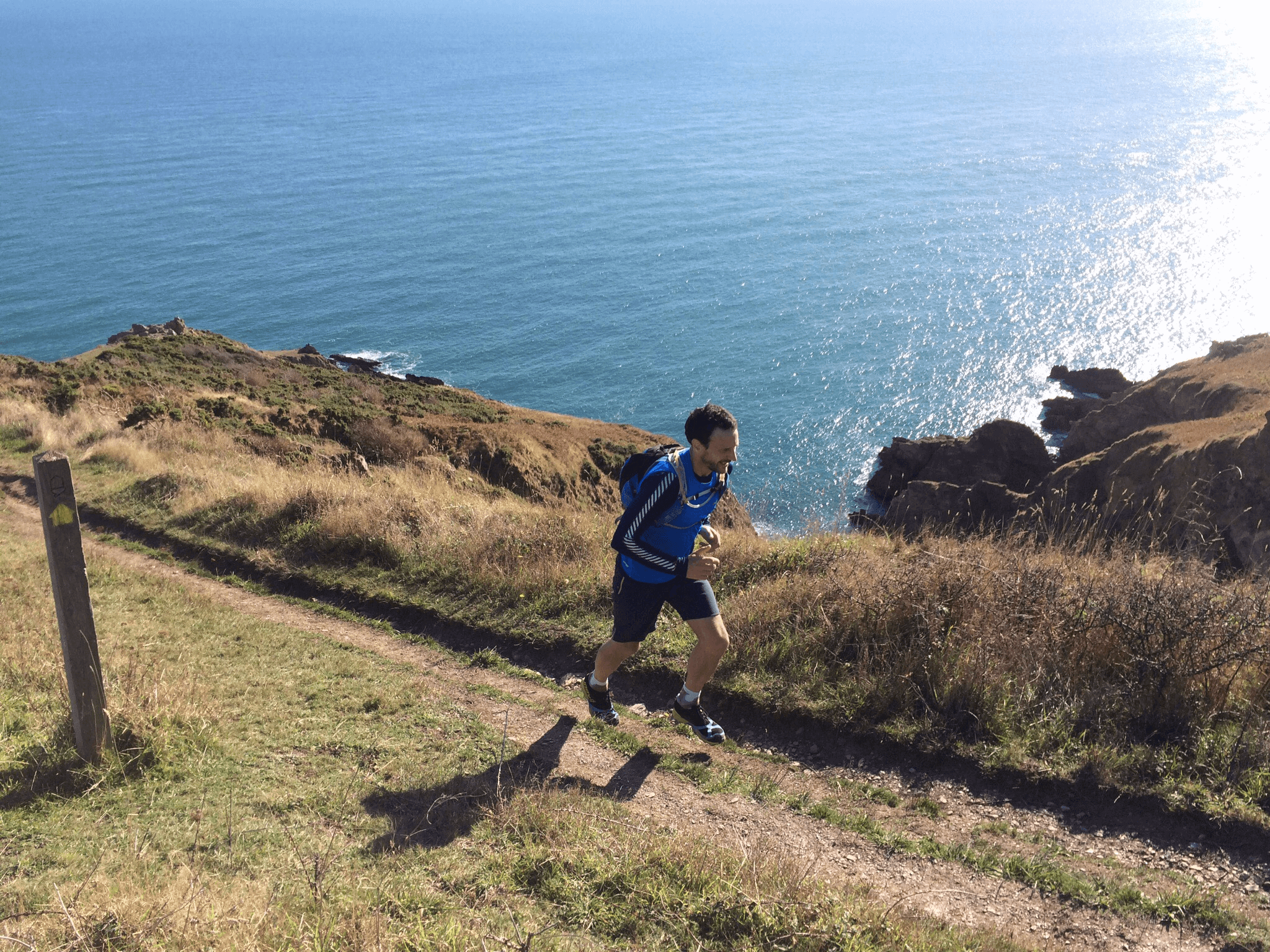
Mark’s side of the story can be found here:
The way I recall it is James saying, “Can you help me get fit for some Ultra’s I’m toying with? Maybe write me a training plan?” James’s version of events is more along the lines of “You’ve been bullying me for months now. Let’s just get this over and done with and move on. Hopefully with our friendship still intact.”
http://www.notinside.org/blogs/2016/4/7/blood-sweat-and-tors
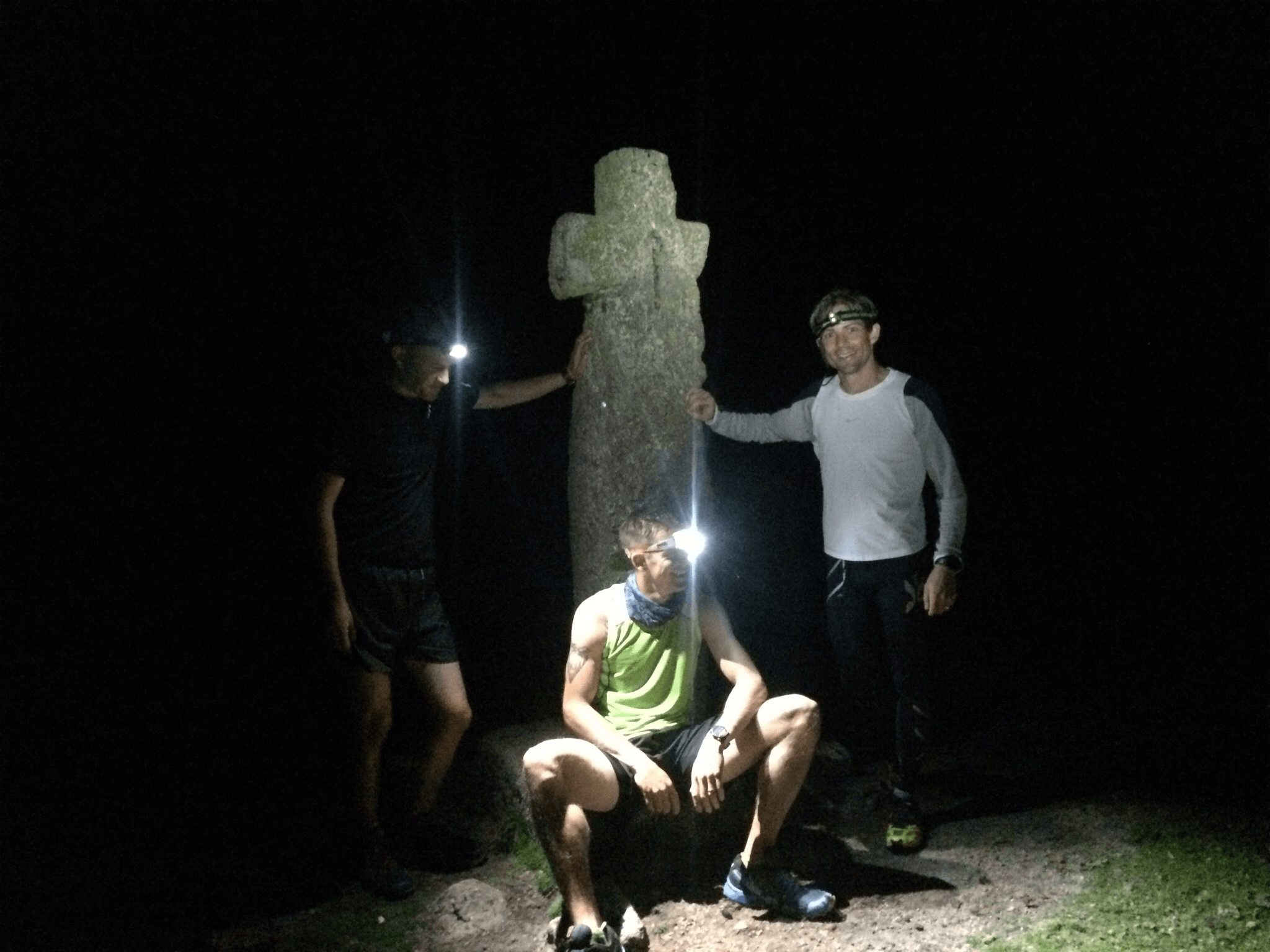
Completing a 100 km run is difficult but walking 100 km is unlikely to be any easier. On our Dartmoor in a Day 50 km event, the fastest runners completed in 6 hours but many walkers took over 12. The runners had finished, eaten and put on fresh clothes, while most walkers were still out. Just walking 10 km can leave you feeling tired but many runners will cover this distance on their lunch break. Time spent on your legs will be an essential part of any training program.
There is some excellent advice on preparing for your first 100 km walk here on the Long Distance Walkers Association website:
https://www.ldwa.org.uk/library/trailwalkertraining/trailwalkertraining.php
My own perspective:
In 2013 I decided that needed a fresh challenge, having spent a few years “just being a dad”. Previously, as an occasional runner, I’d completed a few mountain marathons and challenges such as the Welsh 3000 in under 12 hours but never an ultra marathon. I stumbled across an advert for The Classic Quarter, a 44 mile ultra, along the Cornish Coast from Lizard Point to Lands End. At least five times I went through to the “book now” page on the website before finally committing to entering this event. Could I actually run 44 miles?
Internet searches for training plans took me to this site, where I found some really helpful resources:
http://www.ultramarathonrunning.com/training/
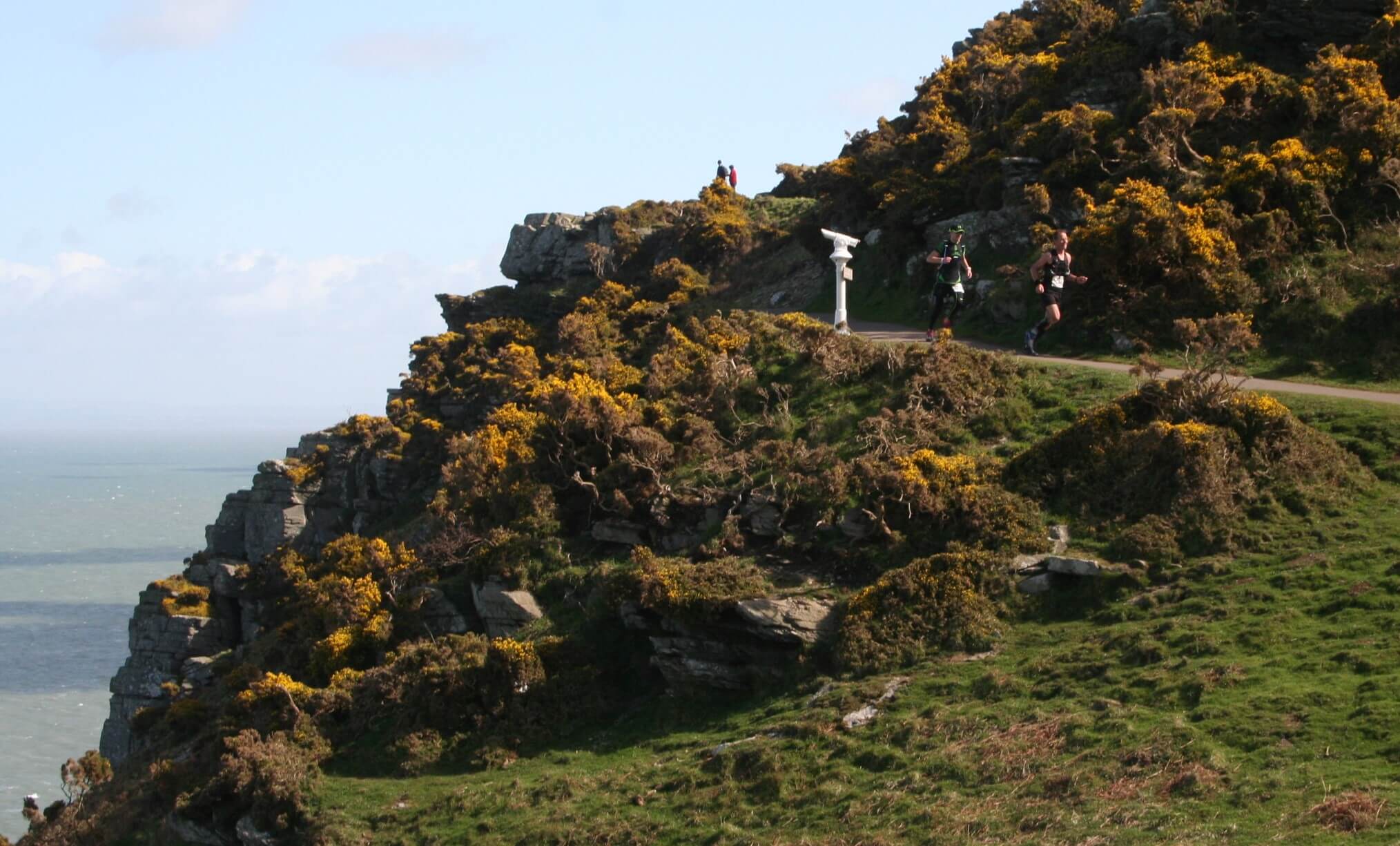
I also picked up a book, titled Ultramarathon Training by Wolfgang Olbrich.
In all of the advice given with regards to training, it became clear that I’d been making some mistakes. I understood that training needed to be progressive but hadn’t considered building in some easier or recovery weeks, that not all runs had to be hard and “doubling up” on long runs was more important than a single long run each week. This basically means running a slightly shorter “long run” and then heading out for another middle length run, the next day. In training I run my long run in the evening and then run again the following morning. This seems to help recovery far better than taking a day off and prepares you mentally for the fatigue you’ll feel later on in the race. The same would apply when training for a challenge walk.
Did this all work? Yes, training went well and I achieved silver at the Classic Quarter. I entered two other 45 mile coastal ultra marathons in the year that followed and achieved bronze and silver again but never a win!
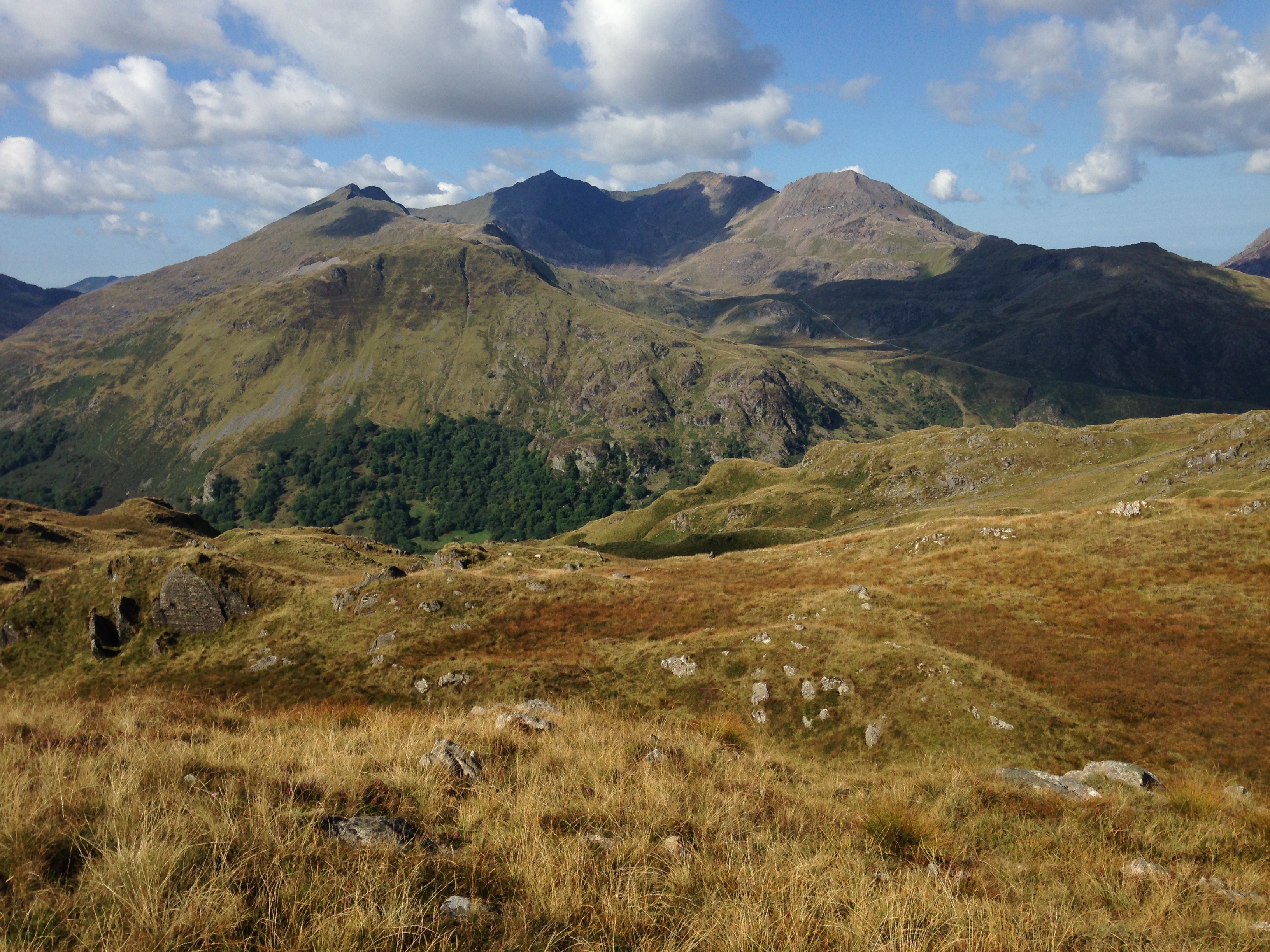
These events laid the foundations for the Paddy Buckley Round, a 100 km run in Snowdonia National Park, linking 47 summits and a height gain of 8,500m and an attempt at the 110 km East Devon Round record.
If I was to offer one piece of advice it would be to divide your run or walk up into manageable chunks and to celebrate the completion of each section.
Ask the expert: Ultra runner, Michael Robinson
What are your 5 top tips for surviving a 100 km run or walk?
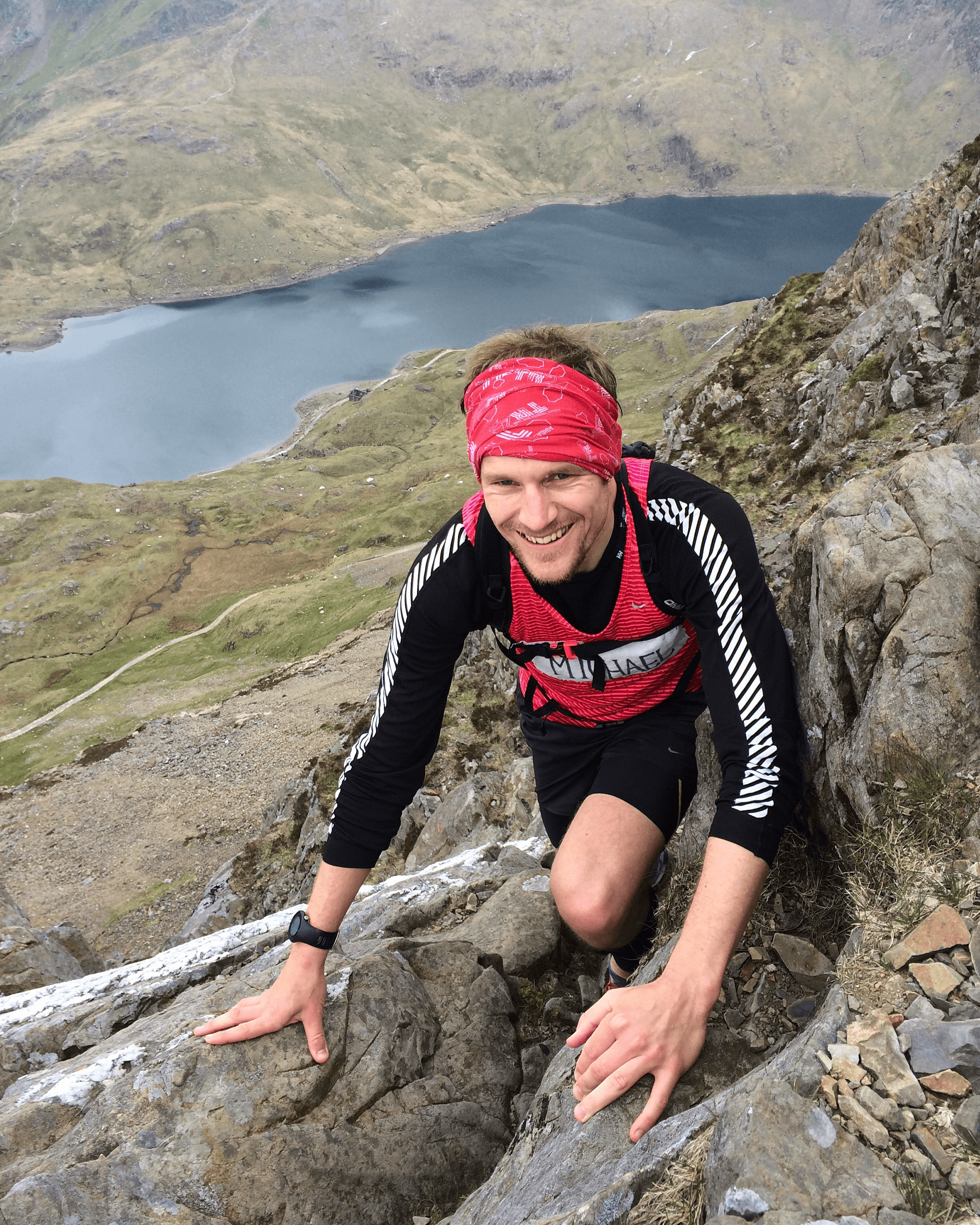
Eat. Before, during & after. Especially early in the race when you don’t feel you need it. Have a favourite snack in your bag for when you get tired – chocolate coffee beans are a favourite.
Don’t start counting down: “only 30/20/10 miles to go”, save this for the last 5k maybe as the miles/kms don’t tick by as fast as your normal runs.
Don’t try & squeeze in extra training in the last 2 weeks leading up to the event. Use the time to relax, do light exercise. You want to feel energised on event day, trust me it’ll be worth it
Know your terrain & practice on it. If it’s coastal then get out for a coastal run/ walk, at any pace. The event could be very different to what you’re used to.
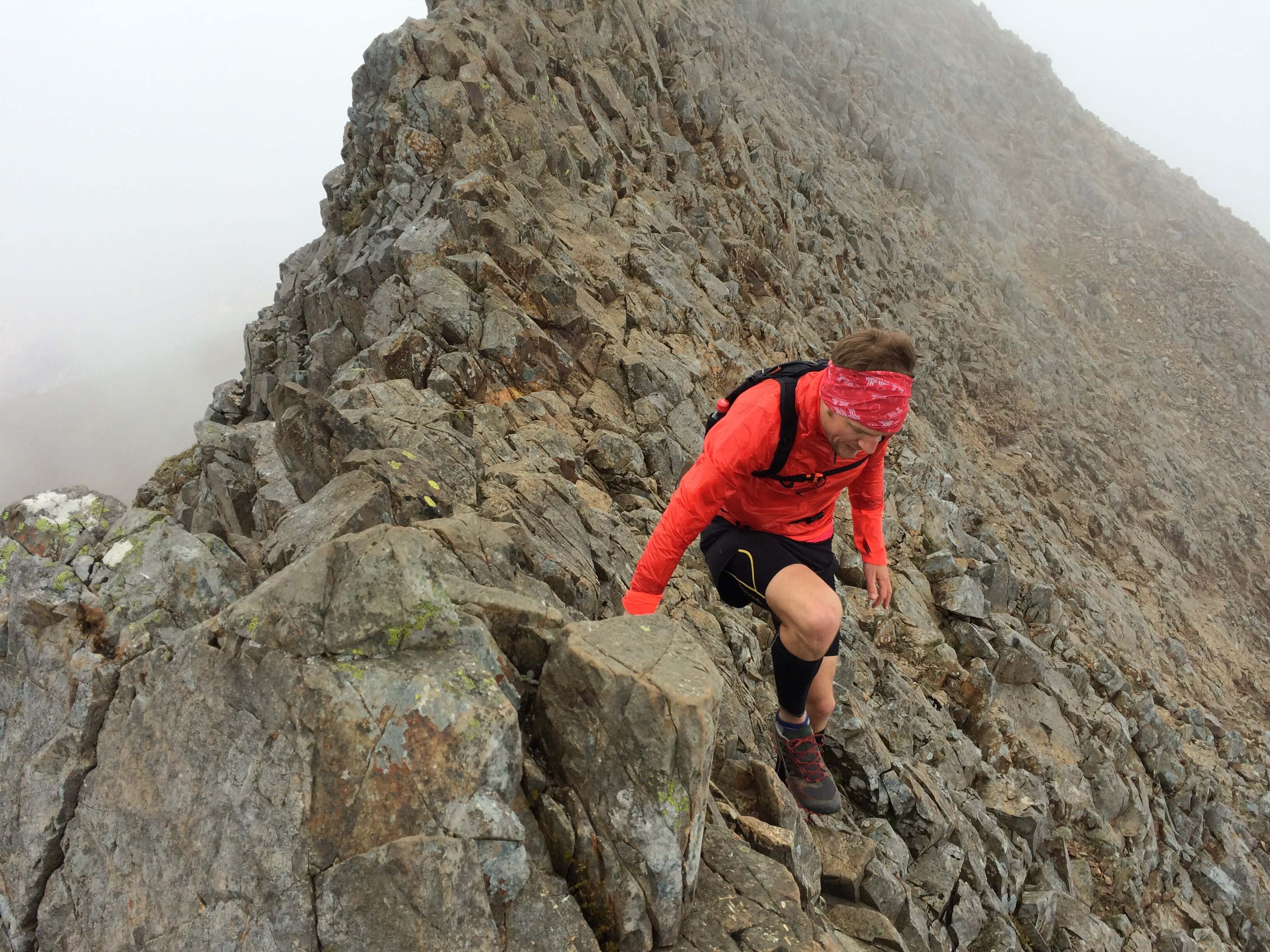
Which leads onto kit. During some practice runs, take your pack/rucksack/platypus/water bottles, headtorch, waterproofs, phone, wallet, keys, selfie stick or whatever with you. Try any untested kit as many times as you can, it doesn’t matter if it slows you down, that’s the point. Try to mimic the event by carrying these things so it isn’t a shock, it also helps you find out chaffing & rubbing points.
Bonus tip – buy some compression shorts, or vaseline/lanacane- anything to reduce chaffing. Nipple plasters? Expensive running socks? There is some amazing kit out there, I use Injinji or X-Bionic socks & Skins shorts. I’m not sponsored by those brands by the way!!
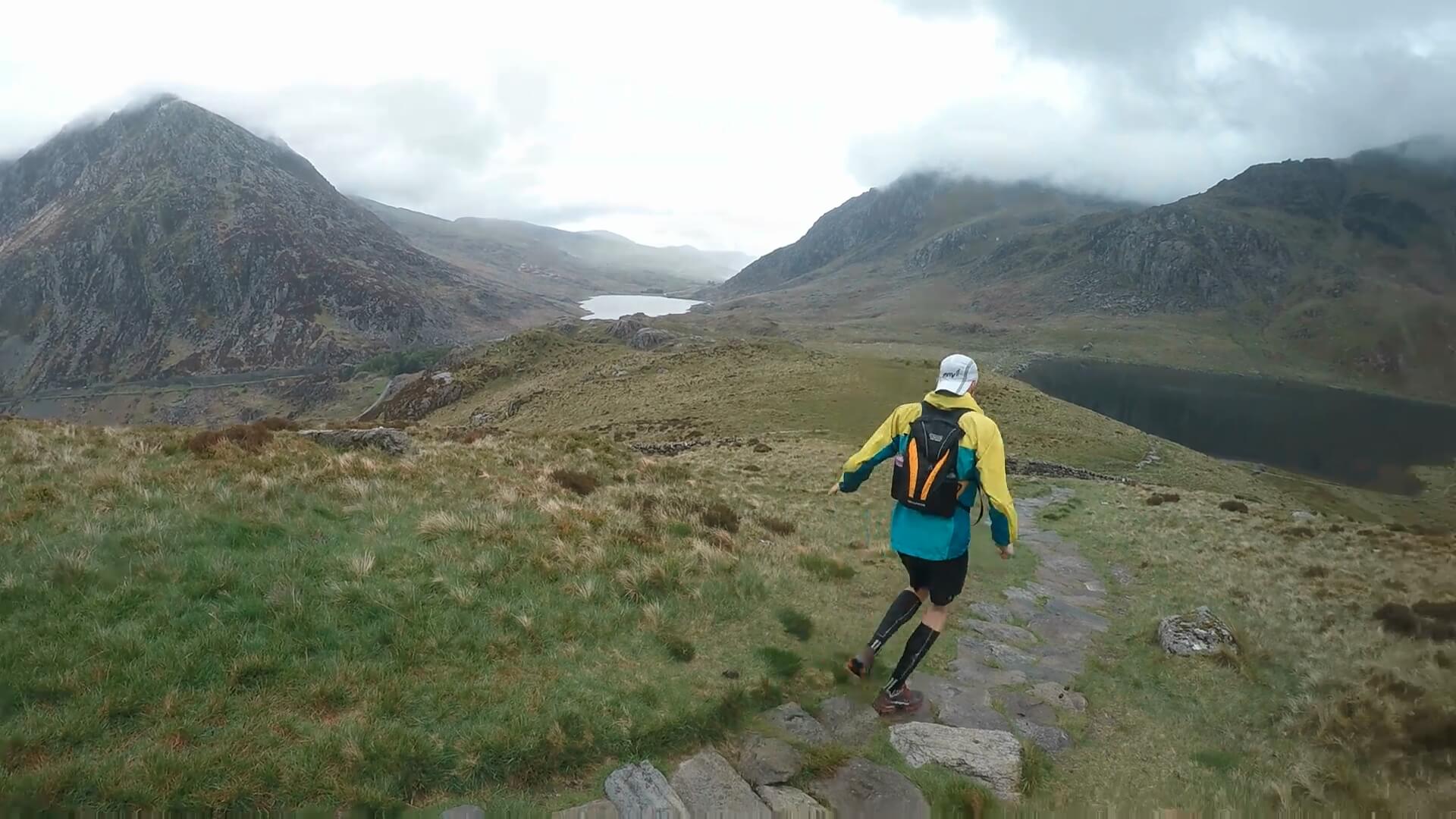
What are your proudest achievements in running so far?
Running Exe to Axe 6 times, winning twice. Race to the King win: 08h15m and running the Jurassic 100 as a training run.
I’ve just remembered – never underestimate the power of a cup of tea during an ultra!

Here are some images of the Jurassic Coast 100.
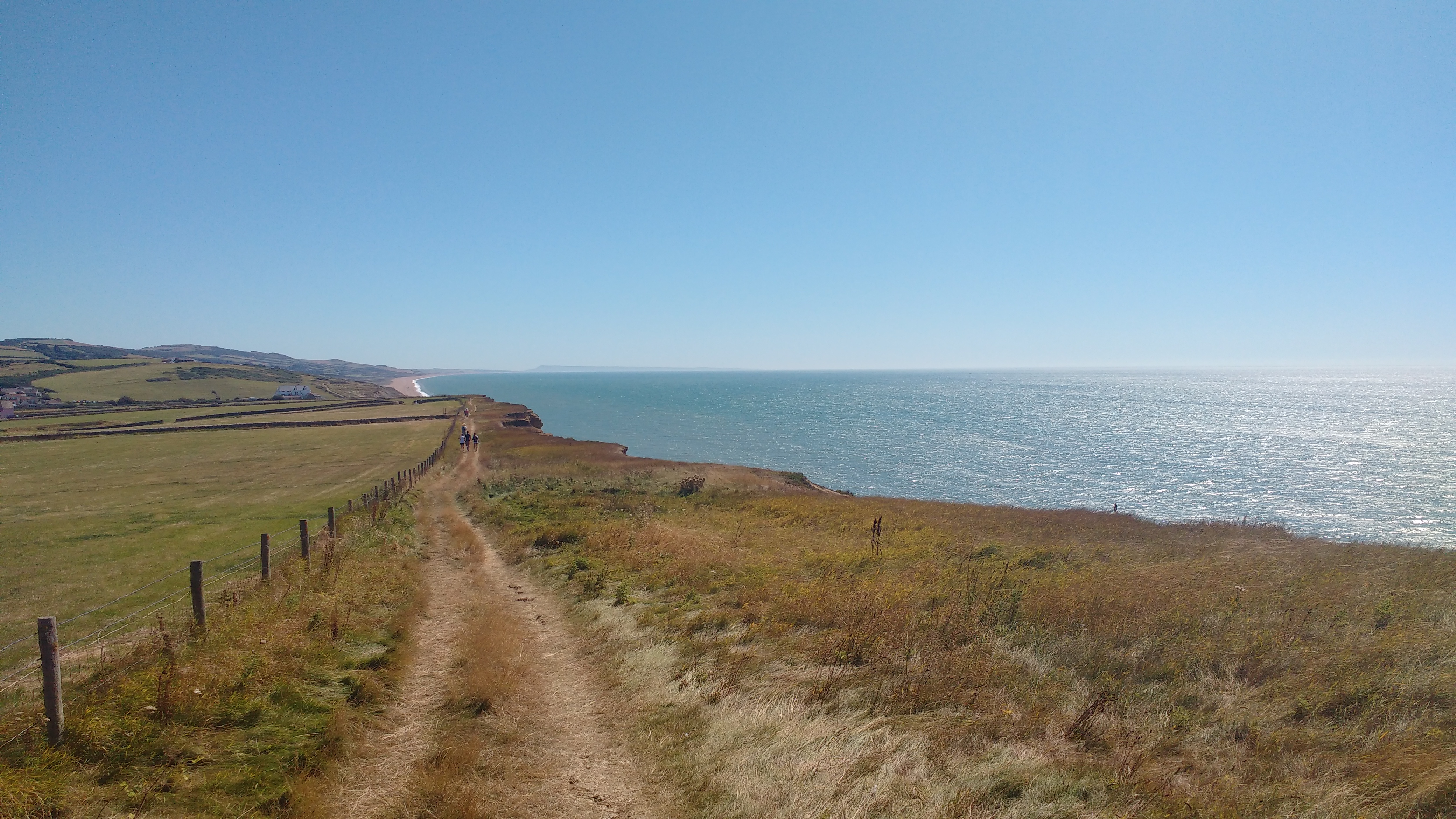
Burton Bradstock, Chesil Beach and Portland, the start of the Jurassic Coast 100 km run and walk.
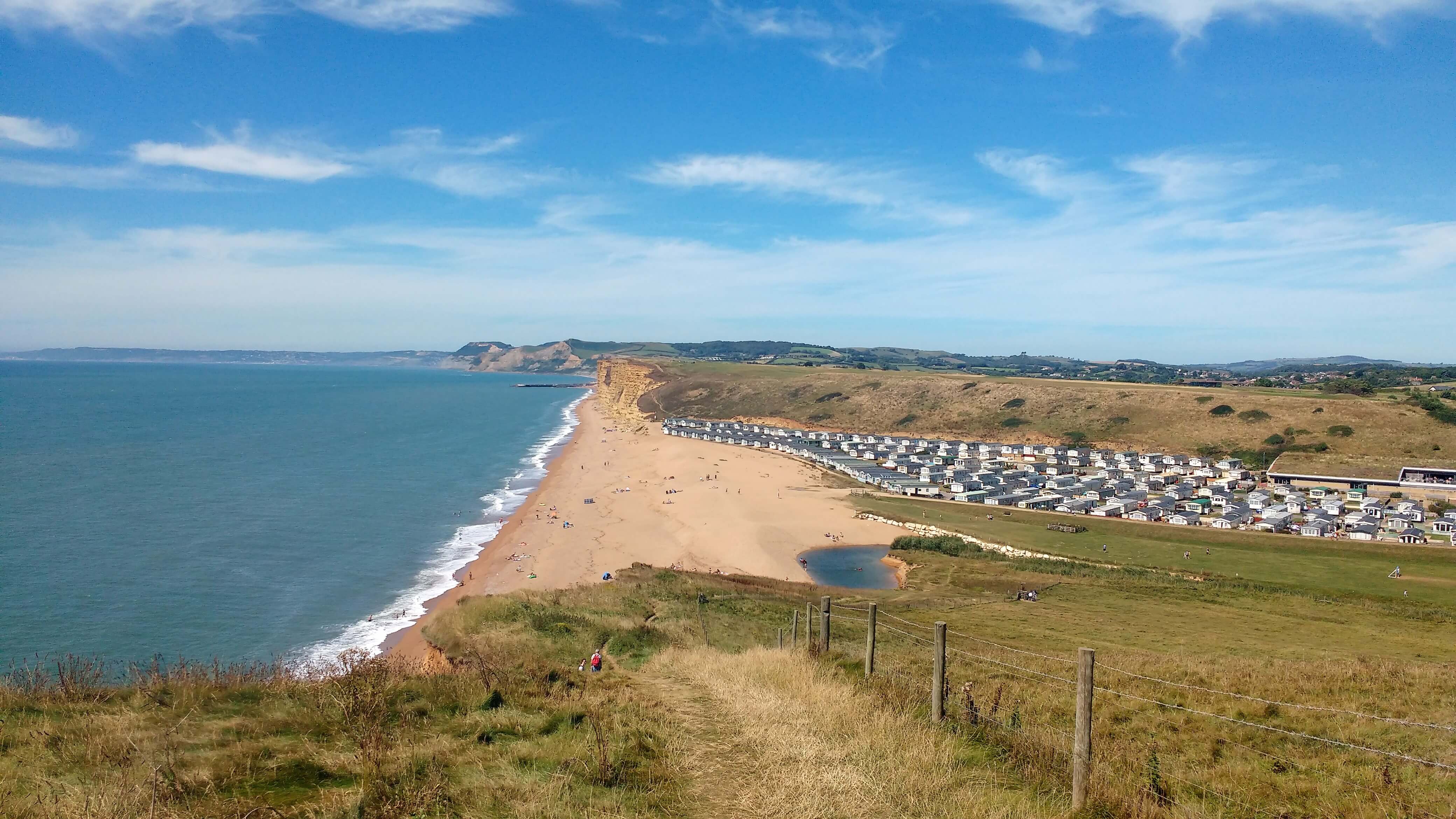
Freshwater Beach, West Bay (featured in ITV drama, Broadchurch) and Golden Cap.
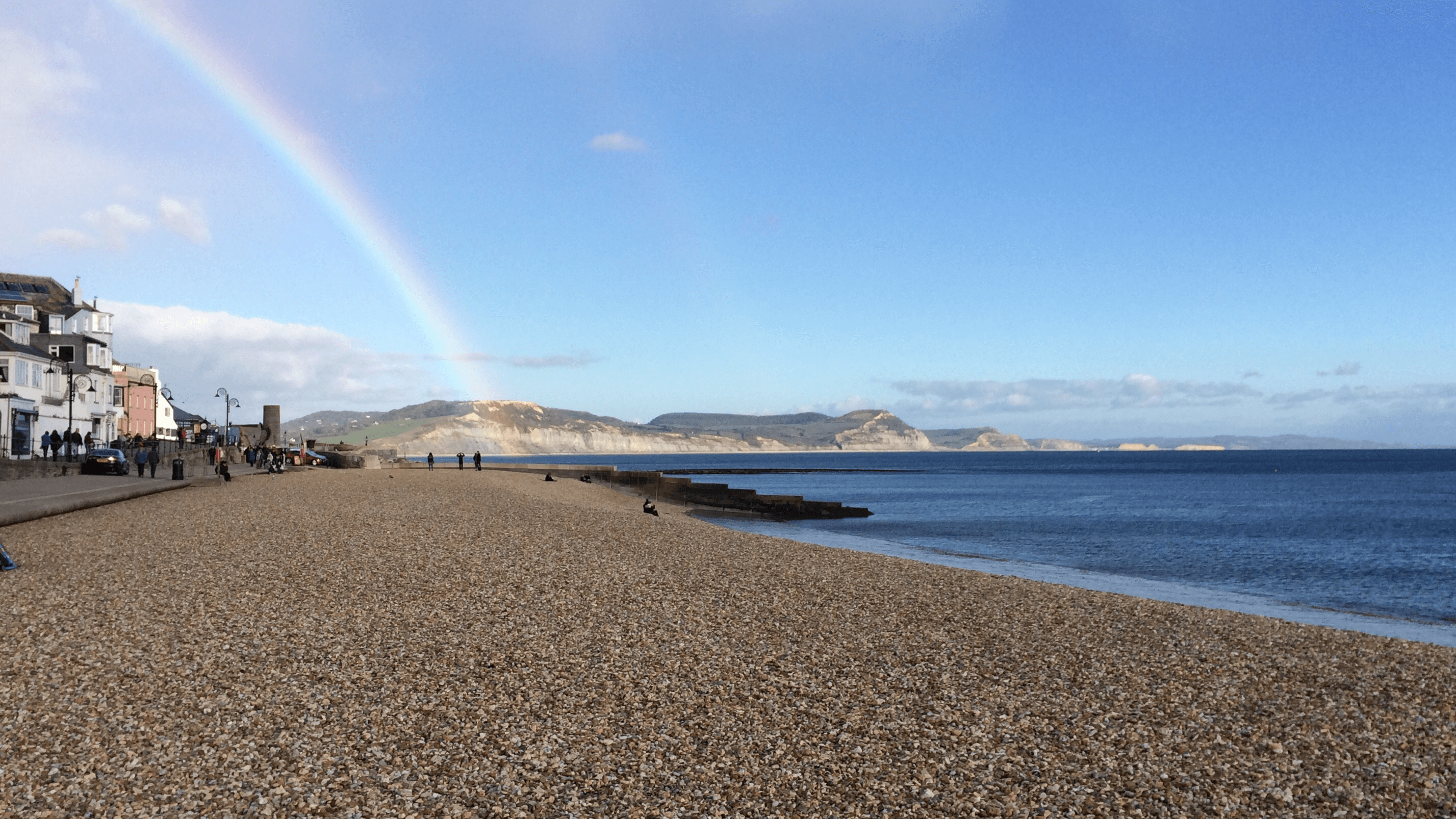
Looking back over the first 50 km, from Lyme Regis towards Golden Cap, the highest point on the South Coast of England.
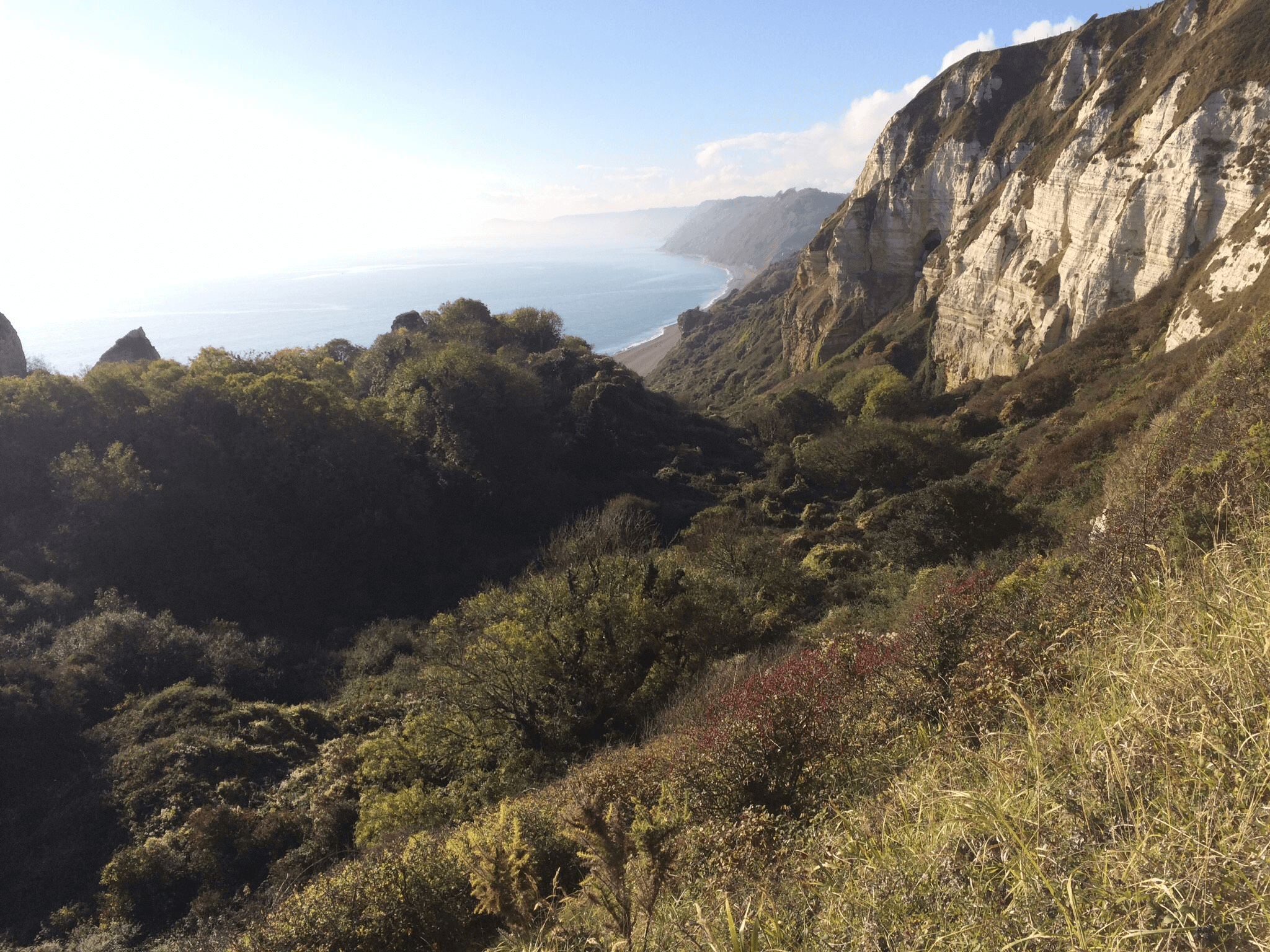
The stunning under-cliff at Beer Head.
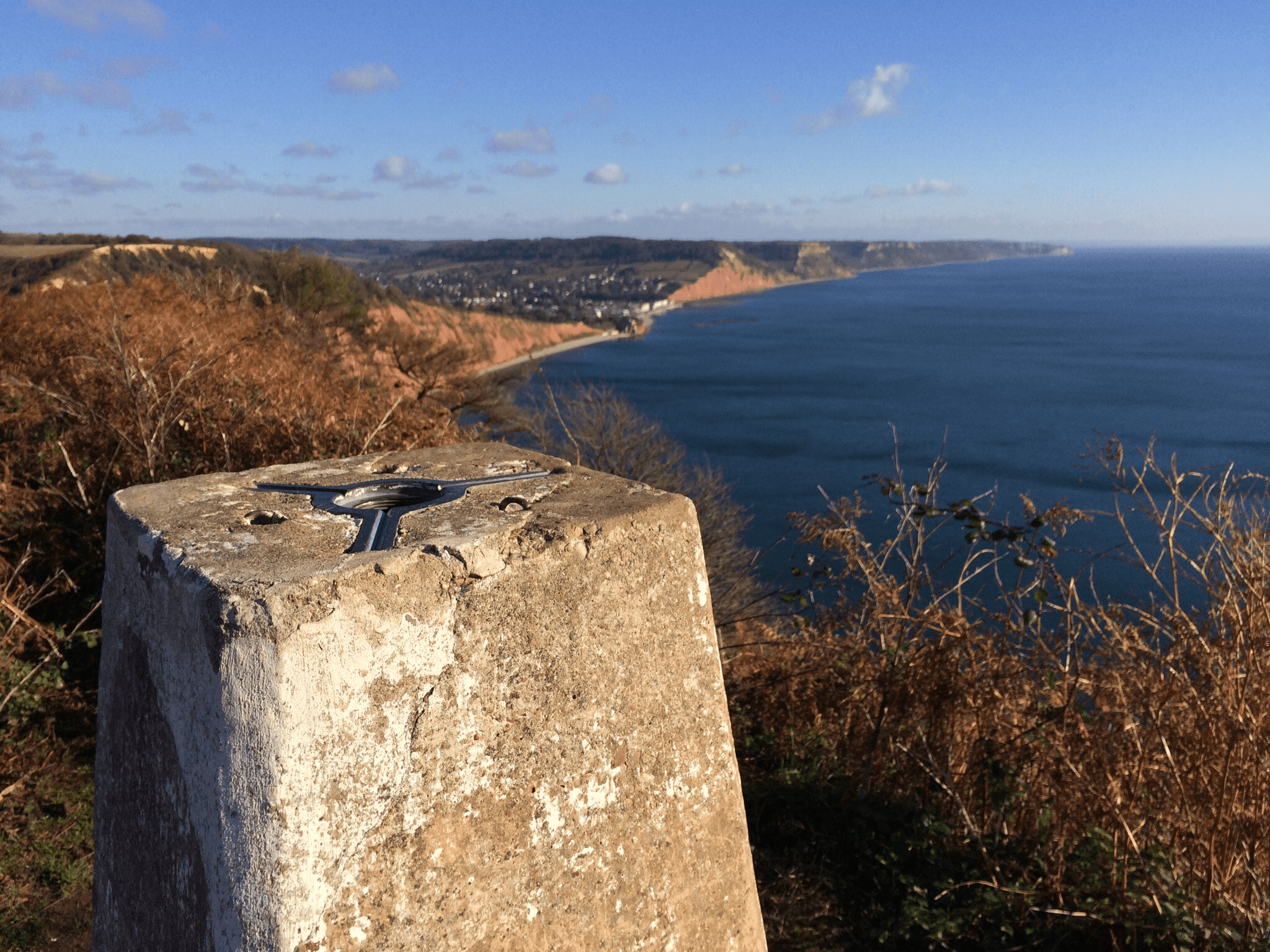
High Peak, Sidmouth and the toughest part of the Jurassic Coast 100.
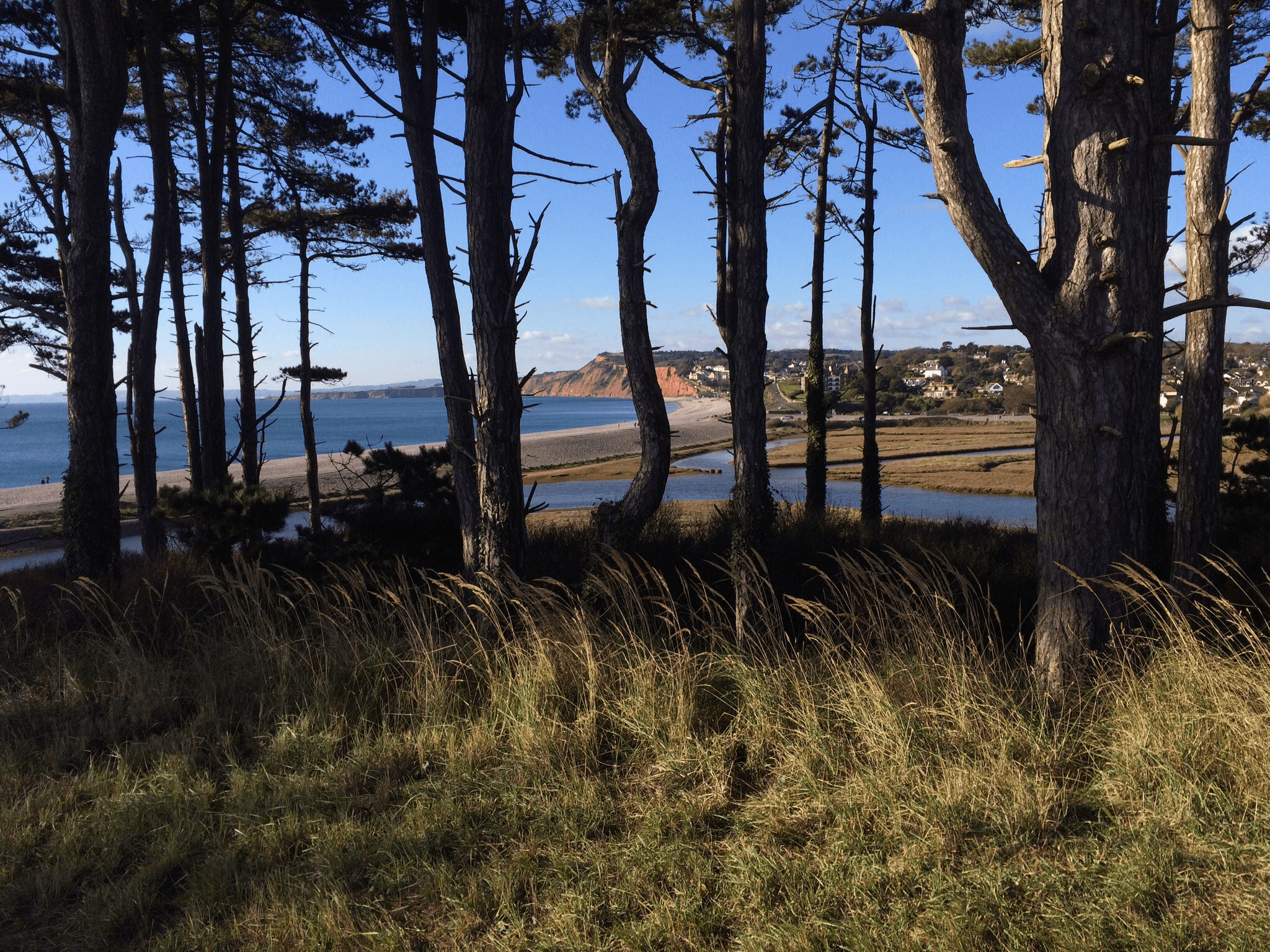
Budleigh through the pines. Not far left to go!
See you in May.

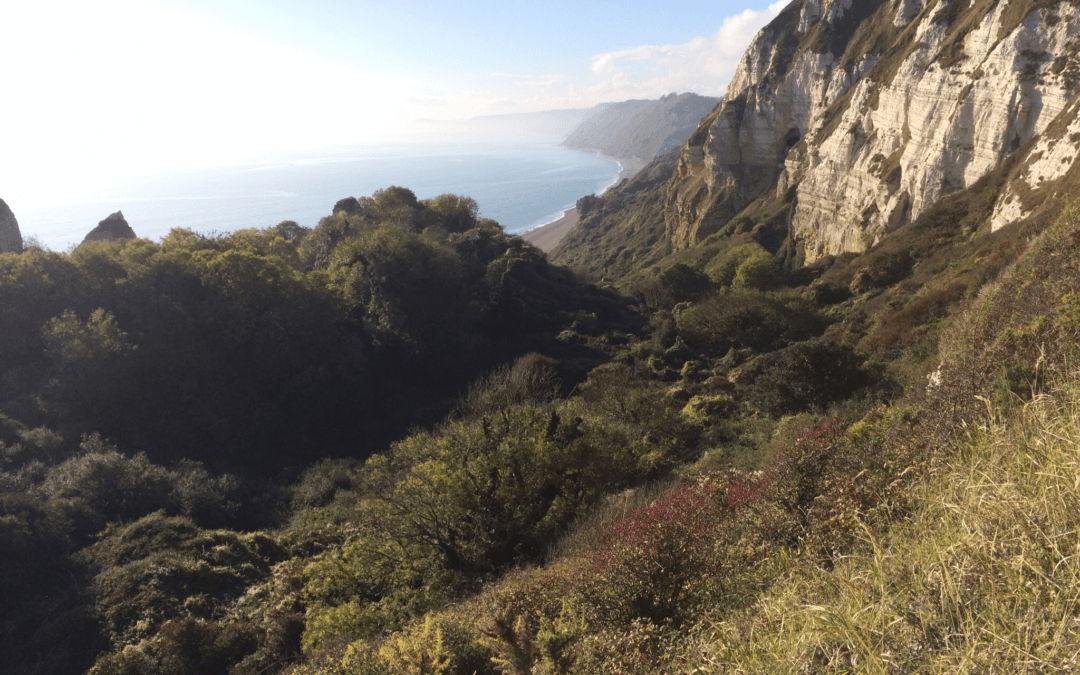


Recent Comments